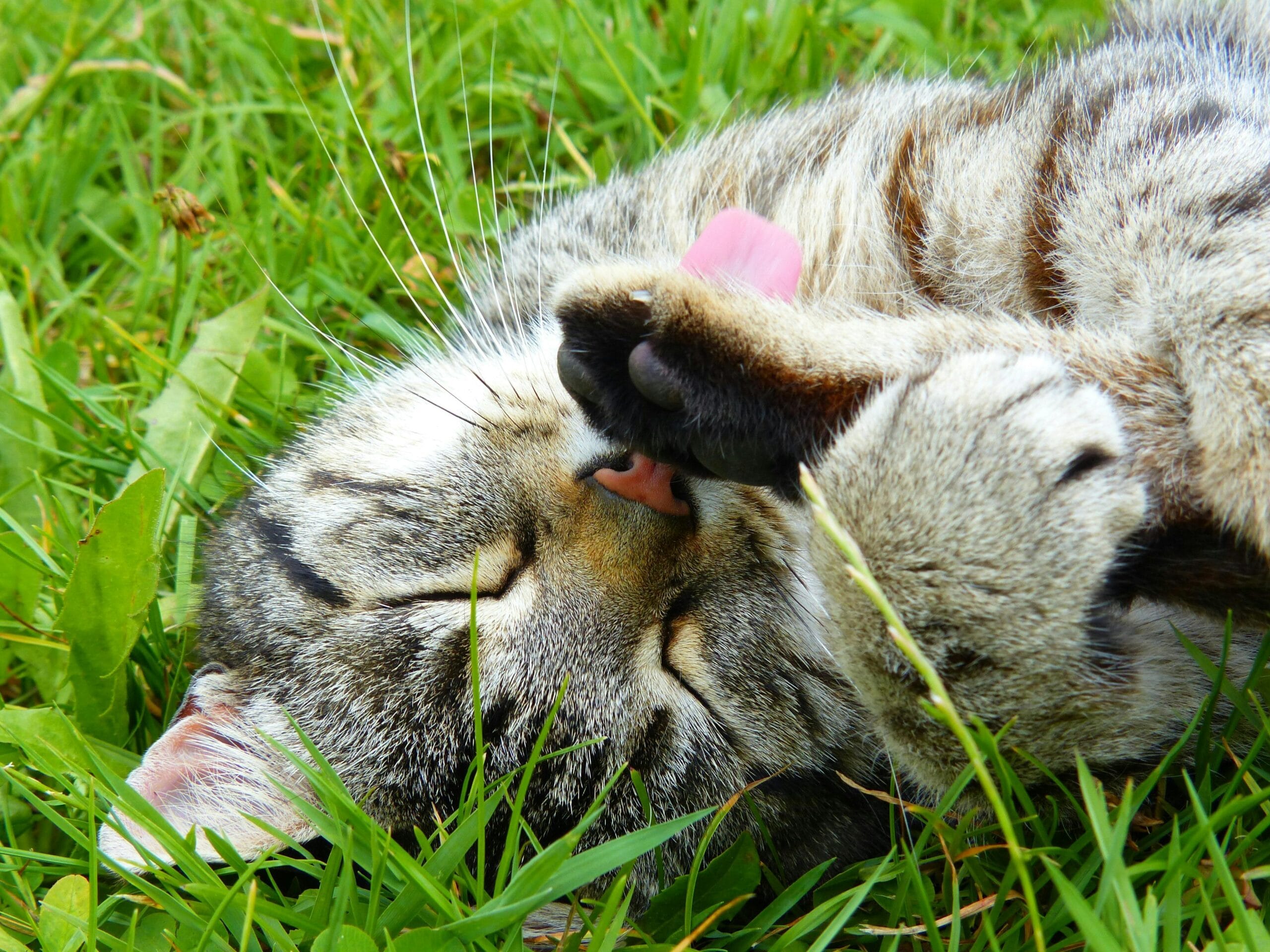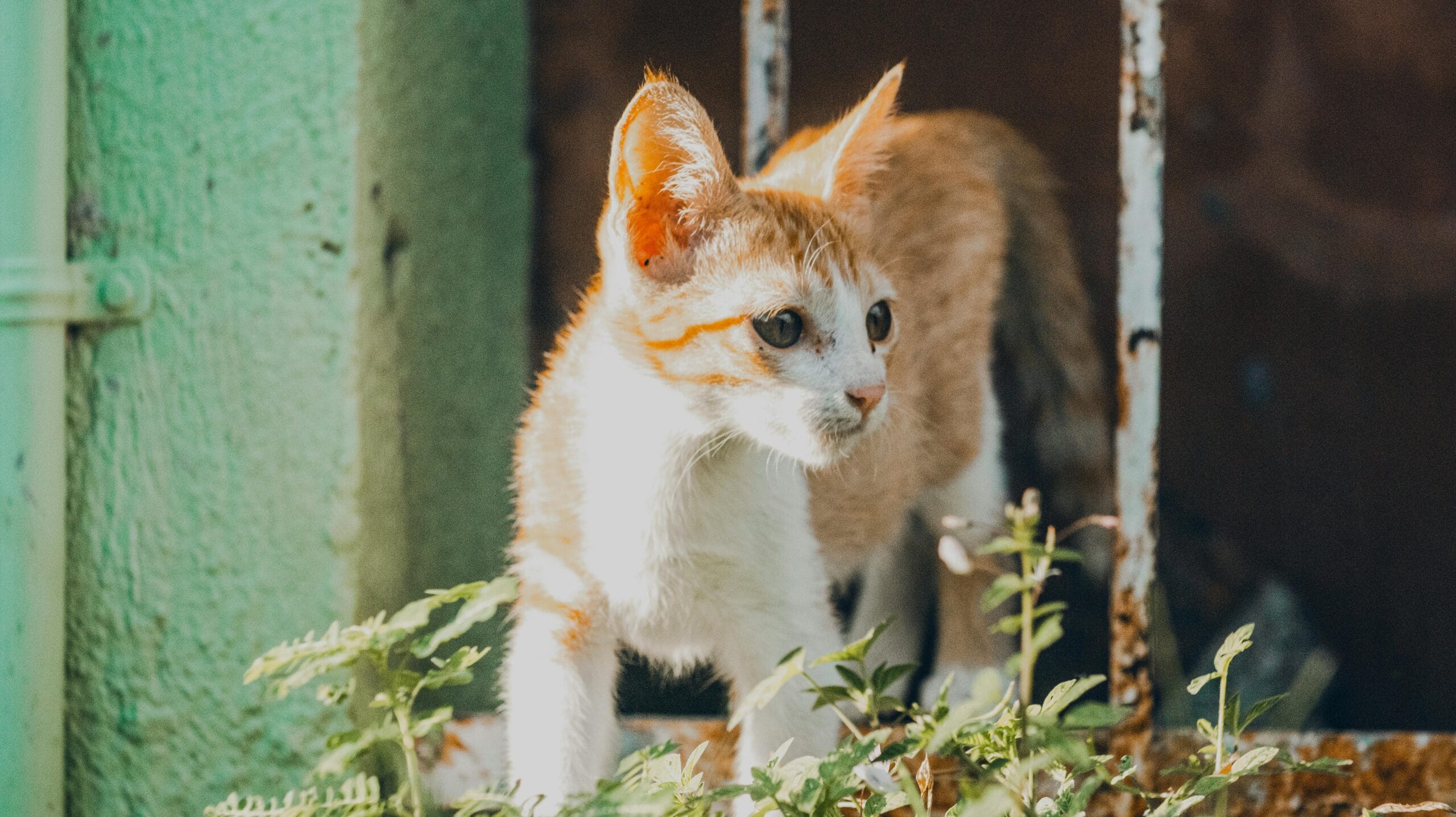When Can Kittens Be Neutered Spayed ?

When Can Kittens Be Neutered Spayed? Find the ideal Kitten Neutering Age & Spaying Kittens Age. Learn best practices for your kitten’s health & well-being. Get expert advice now!
When Can Kittens Be Neutered or Spayed? A Comprehensive Guide
The decision of when to neuter or spay your kitten is crucial for their health and well-being, as well as for controlling pet overpopulation. Understanding the optimal **Kitten Neutering Age** and **Spaying Kittens Age** is essential for responsible pet ownership. This comprehensive guide will explore the ideal timeframe, the benefits of early intervention, potential risks, and what to expect during and after the procedure. We’ll address your questions about **When Can Kittens Be Neutered Spayed** to help you make the best choice for your furry friend.
Understanding the Ideal Kitten Neutering Age and Spaying Kittens Age
The general consensus among veterinary professionals is that the ideal time to neuter or spay kittens is between 8 and 12 weeks of age. This is often referred to as early age neutering or spaying. However, some veterinarians may recommend waiting until the kitten is slightly older, around 16 weeks, particularly if they are particularly small or have underlying health concerns. The specific **Spaying Kittens Age** or **Kitten Neutering Age** will depend on several factors, including the kitten’s overall health, breed, and size.
Benefits of Early Neutering/Spaying
There are numerous advantages to spaying or neutering your kitten early. Early intervention has been linked to significant health benefits, impacting their future quality of life. Some key advantages include:
- Reduced risk of certain cancers: Early spaying greatly reduces the risk of mammary cancer in female cats, a common and often aggressive disease. Neutering males lowers their risk of testicular cancer.
- Prevention of unwanted pregnancies: This is perhaps the most crucial benefit. Early neutering and spaying directly addresses pet overpopulation, a significant concern for animal welfare organizations worldwide.
- Reduced risk of reproductive health problems: Spaying eliminates the risk of uterine infections and tumors in female cats. Neutering can prevent prostate problems and other reproductive issues in male cats.
- Behavioral benefits: Neutering and spaying can significantly reduce or eliminate undesirable behaviors such as spraying (marking territory with urine), roaming, and fighting. This is particularly helpful for male cats, making them less likely to engage in risky behaviors like getting into fights and sustaining injuries. Early neutering can also help with minimizing unwanted spraying before it becomes a habitual behavior.
- Improved litter box habits: Unneutered tomcats are especially prone to spraying urine to mark their territory, which can be problematic for household hygiene. Neutering significantly reduces this tendency.
Factors Influencing the Decision on When Can Kittens Be Neutered Spayed
While 8-12 weeks is generally recommended, several factors can influence the optimal time for your kitten’s procedure. These include:
- Kitten’s health: A kitten with any underlying health concerns may need to wait until they are healthier before undergoing surgery.
- Breed size: Smaller breeds might need to wait a bit longer to ensure they’ve reached a sufficient weight and body condition before anesthesia.
- Veterinarian’s recommendation: Always consult with your veterinarian. They can assess your kitten’s individual needs and provide personalized advice on the best **Kitten Neutering Age** or **Spaying Kittens Age** for them.
Addressing Concerns about Early Neutering/Spaying
Some pet owners express concerns about the potential risks associated with early neutering/spaying. However, research overwhelmingly supports the benefits outweighing the risks when performed by a qualified veterinarian. Some potential concerns include:
- Increased risk of hip dysplasia (in some breeds): Some studies have suggested a possible link between early spaying and an increased risk of hip dysplasia in certain large breeds of dogs. However, this link is less clear in cats, and the benefits of early spaying generally outweigh this minimal risk.
- Anesthesia risks: As with any surgery, there are inherent risks associated with anesthesia. However, modern veterinary anesthetic techniques are very safe, and the risks are significantly reduced when performed by a skilled veterinarian who carefully monitors the kitten throughout the procedure. This makes the procedure extremely safe.
It’s crucial to remember that the risks of *not* spaying or neutering are far greater than the very small potential risks associated with early surgery. Discussions with your vet about these concerns are essential for informed decision making.
The Procedure: What to Expect When Spaying or Neutering Your Kitten
The procedure itself is relatively straightforward. For females (spaying), the veterinarian will remove the ovaries and uterus. For males (neutering), the testicles are surgically removed. The procedure is typically performed under general anesthesia, and most kittens recover quickly and without complications.
Post-Operative Care
After the procedure, your kitten will need some post-operative care. This typically involves:
- Pain management: Your veterinarian will provide pain medication to keep your kitten comfortable.
- Monitoring the incision site: Keep the incision clean and dry, and monitor for any signs of infection, such as redness, swelling, or discharge.
- Restricted activity: Keep your kitten from overexerting themselves to allow proper healing.
- Follow-up appointments: You’ll need to bring your kitten back for a follow-up appointment to ensure the incision is healing properly.
Finding a Reputable Veterinarian
Choosing a qualified and experienced veterinarian is crucial for ensuring the safety and success of the neutering/spaying procedure. Look for a veterinarian with experience performing these procedures on kittens. Don’t hesitate to ask questions about their experience, anesthesia protocols, and post-operative care. A good vet will gladly answer your questions and put your mind at ease.
For more information on choosing a vet and understanding the process, you can consult resources like the American Veterinary Medical Association (AVMA) https://www.avma.org/. They offer valuable insights into veterinary care and finding a qualified professional.
The Importance of Early Intervention: Addressing Pet Overpopulation
One of the most compelling reasons for early spaying and neutering is the significant role it plays in controlling pet overpopulation. Millions of unwanted animals enter shelters each year, many of whom are euthanized due to lack of space and resources. By spaying or neutering your kitten at the recommended **Spaying Kittens Age** or **Kitten Neutering Age**, you are directly contributing to reducing this devastating problem.
For more information on responsible pet ownership and addressing pet overpopulation, the ASPCA website https://www.aspca.org/ provides extensive resources and information on animal welfare issues.
Conclusion: When Can Kittens Be Neutered Spayed – Making the Right Decision
The question of **When Can Kittens Be Neutered Spayed** is best answered by consulting your veterinarian. While the ideal **Kitten Neutering Age** and **Spaying Kittens Age** is typically between 8 and 12 weeks, individual circumstances may warrant slight adjustments. The benefits of early spaying/neutering far outweigh the minimal risks, contributing to the overall health and well-being of your kitten and playing a crucial role in responsible pet ownership and controlling pet overpopulation. Remember to discuss your concerns with your vet and make an informed decision based on their professional advice.
Share Your Experiences!
Have you had your kitten spayed or neutered? Share your experiences, tips, and advice with other readers in the comments section below! Let’s build a community of informed and responsible pet owners who understand the importance of responsible breeding and appropriate **Kitten Neutering Age** and **Spaying Kittens Age**.

Frequently Asked Questions: When Can Kittens Be Neutered/Spayed?
1. Q: When is the best age for Kitten Neutering Age?
A: The ideal time for spaying or neutering kittens is between 8 and 12 weeks old, sometimes even as early as 6 weeks if they are healthy enough, and at least 2 pounds. This is often referred to as early age neutering/spaying and offers significant health benefits. However, always consult your veterinarian, as they will assess your kitten’s individual health and development.
2. Q: Can I wait until my kitten is older to spay/neuter?
A: While it’s possible to spay or neuter at a later age, early age neutering (8-12 weeks) is generally recommended. Waiting increases the risk of certain cancers, unwanted pregnancies, and behavioral issues. Your vet can advise on the risks and benefits based on your kitten’s specific situation.
3. Q: What are the benefits of early age spaying/neutering (Spaying Kittens Age)?
A: Early spaying/neutering reduces the risk of mammary cancer, uterine infections, and other reproductive health problems. It also helps control pet overpopulation and minimizes the likelihood of unwanted pregnancies.
4. Q: What are the risks associated with early spaying/neutering?
A: Risks are generally low but can include minor complications like wound infection or slow growth. A veterinarian can minimize these risks with proper care and monitoring.
5. Q: My kitten is only 6 weeks old; is it too young for When Can Kittens Be Neutered Spayed?
A: Some vets will spay/neuter kittens as young as 6 weeks old, especially if they’re healthy and weigh at least 2 pounds. However, this is a case-by-case decision based on the kitten’s individual health and development. Always consult your vet.
6. Q: How much does Kitten Neutering Age surgery cost?
A: The cost varies widely depending on your location, the veterinarian, and the kitten’s size and health. It’s best to contact your vet directly for a price estimate.
7. Q: My kitten is already 6 months old. Is it too late for When Can Kittens Be Neutered Spayed?
A: No, it’s not too late, but the benefits of early spaying/neutering are reduced. It’s still important to spay/neuter your kitten to prevent unwanted litters and reduce the risk of some health problems.
8. Q: My kitten is very small for its age. Will this affect When Can Kittens Be Neutered Spayed?
A: Yes, your vet will likely delay the procedure until your kitten reaches a healthy weight and is deemed ready for surgery.
9. Q: What should I expect after my kitten’s spaying/neutering surgery?
A: Your veterinarian will provide post-operative care instructions. Expect some temporary lethargy, and closely monitor the incision site for any signs of infection.
10. Q: Can I choose the gender of my kitten via Spaying Kittens Age?
A: No. Spaying or neutering is a surgical procedure to sterilize your pet and does not affect its gender. The sex of the kitten is determined at birth.

When Can Kittens Be Neutered or Spayed?
Spaying or neutering your kitten is a crucial decision for their health and well-being, as well as for controlling pet overpopulation. The optimal time for this procedure is a subject of ongoing veterinary discussion, but here’s a practical guide:
Ideal Timing:
Many veterinarians now recommend spaying or neutering kittens as early as 8 weeks of age, or even earlier in certain circumstances, provided they are healthy and weigh at least 2 pounds. This early age offers several advantages:
- Reduced risk of certain cancers: Spaying significantly reduces the risk of mammary cancer and uterine infections in female cats.
- Prevention of unwanted pregnancies: Early neutering prevents unintended litters, helping to control the number of stray animals.
- Behavioral benefits: Neutering can reduce or eliminate spraying, roaming, and fighting behaviors in male cats.
- Improved shelter outcomes: Kittens spayed or neutered early are often adopted more quickly from shelters.
Health Considerations:
Before scheduling the procedure, ensure your kitten is:
- Healthy and free from illness: A vet checkup is essential to rule out any underlying health problems.
- Adequately weaned: Kittens should be weaned and eating solid food before undergoing surgery.
- Sufficient weight: The kitten should meet the minimum weight requirement set by the vet, typically around 2 pounds.
Post-Operative Care:
Proper post-operative care is essential for a successful recovery. Your veterinarian will provide detailed instructions, but generally, this includes:
- Monitoring the incision site: Watch for any signs of infection, such as swelling, redness, or discharge.
- Restricting activity: Keep your kitten calm and prevent excessive play or jumping for several days.
- Administering medication: Follow your vet’s instructions for pain relief and antibiotics, if prescribed.
- Follow-up appointment: Attend the scheduled post-operative checkup to ensure proper healing.
Consult Your Veterinarian:
The best time to spay or neuter your kitten will depend on its individual health and development. Always consult your veterinarian to determine the optimal time for your specific kitten, considering its breed, size, and overall health status. They can assess your kitten and provide personalized advice and guidance.
Keywords: kitten neutering, kitten spaying, early age neutering, kitten health, spay and neuter, cat sterilization, veterinary care, pet health, feline health, responsible pet ownership